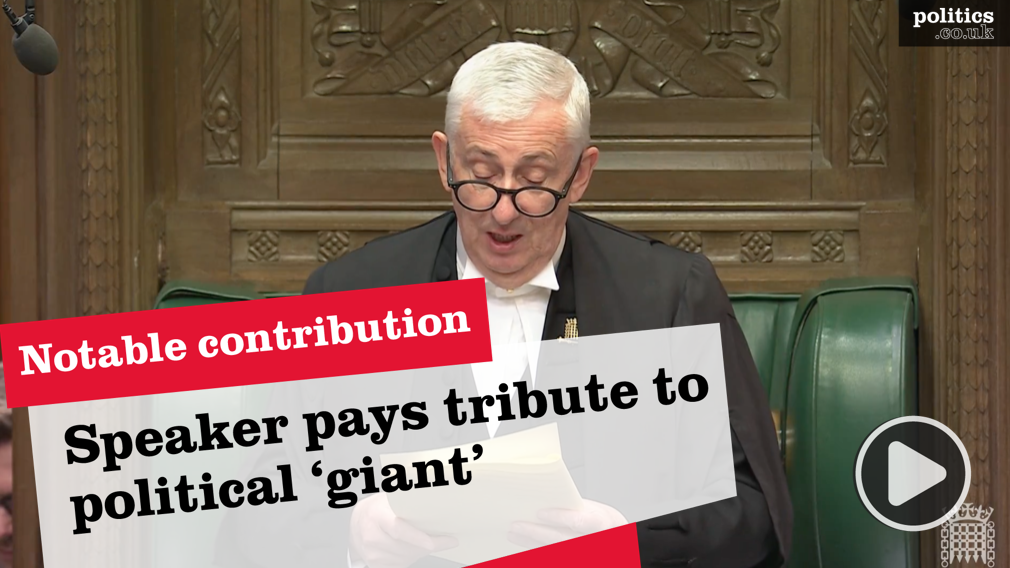Tensions mounting over Tories’ EU split
By Alex Stevenson Follow @alex__stevenson
David Cameron could be hit by his first political resignation over Monday's EU referendum vote, as dozens of Tory MPs prepare to defy the government.
The backbench motion on whether to hold a referendum on Britain's involvement in the EU is opposed by No 10, but has been signed by around 70 Conservative backbenchers.
Threats from ministerial aide Stewart Jackson, the parliamentary private secretary to Northern Ireland secretary Owen Paterson, that he will resign to defy the government, leave the prime minister facing the prospect of his first political resignation.


"I will vote in favour of the motion and in so doing, I will very likely relinquish my position," Mr Jackson said.
"That will disappoint me, but… this is a question of putting country and constituency first."
Many Tory MPs fear they will lose the support of their constituency associations as they seek reselection for the 2015 election. The boundary changes shakeup means many MPs face tougher battles than usual to secure the chance to run again.
Among the potential rebels are senior Tory party figures including David Davis, John Redwood, John Whittingdale and the 1922 committee chair, Graham Brady.
Downing Street's struggle with eurosceptic Conservatives ahead of Monday's vote is being viewed as the largest clash between the moderate prime minister and the right wing of his party since the formation of the coalition government.
Neither side are showing signs of blinking at present. Mr Cameron made clear that he opposed a referendum on Europe in prime minister's questions on Wednesday.
But rebel ringleader Bill Cash told the Sun: "To deny a referendum while Britain's economic policy for growth is set to be locked into a eurozone fiscal union does not add up."
The motion proposes a referendum which offers three options: maintaining the status quo, refocusing the terms of Britain's involvement in Europe on "a relationship based on trade and cooperation" or leaving the EU altogether.
A defeat for the government would not instantly trigger a referendum because the motion, brought forward in backbench-controlled Commons time after an e-petition, is non-binding.
But it would nevertheless prove disastrous for Mr Cameron, who will be hoping a compromise amendment tabled by his former press secretary George Eustice could split the rebels. It calls on No 10 to produce plans for the repatriation of powers from Brussels back to London.












